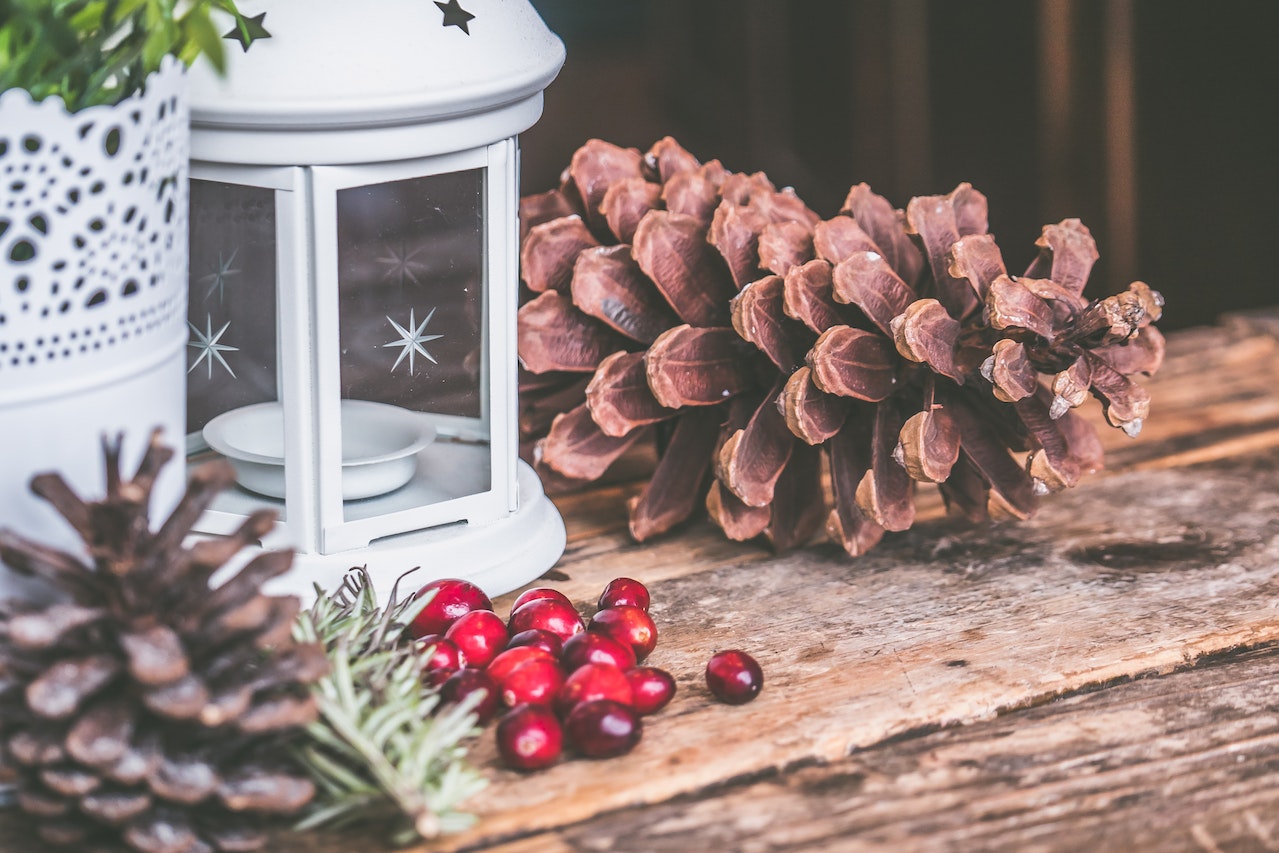You might think that the cold winter season would bring relief for seasonal allergy sufferers, however, it just brings about a different set of indoor allergens. As those colder temperatures become the norm, people tend to spend more time indoors which brings them into contact with indoor allergens.

Inside Allergy Triggers
These indoor allergy triggers have likely been in your house all year, but when you hibernate inside during the colder months with the windows closed and the heat on, they tend to become more pronounced. Some of the major triggers include dust particles, mold and mildew, and pet dander.
Perhaps the most unique winter allergy that really is a part of the season is Christmas tree allergies. This can be a complex problem as it could be an allergy to pine (or the tree itself) or the tree could be covered in allergens like pollen or mold spores. If you are sensitive to smells, the strong odor might be an issue throughout the Christmas season.
Outside Allergy Triggers
If you live in a wet and rainy area, outdoor mold can begin to form in late winter and early Spring. Much like an allergy to pine, cedar pollen can create havoc for people sensitive to this allergen. Cedar is largely contained in the areas of Southern Missouri, Oklahoma, central and western Texas and Northern Mexico. This allergy is often referred to as “cedar fever.” The cedar pollinates from December through March and can sometimes release so much pollen it looks like the trees are emitting smoke.
Allergy Symptoms vs. Cold Symptoms
Sometimes it can be difficult to tell if you are suffering from allergies or a cold as some of the symptoms might be the same or similar. Common allergy symptoms include sneezing, a stuffy or runny nose, itchy eyes, ears, or throat, dry coughing, or a low-grade fever. In severe cases, symptoms can be related to asthma and include chest tightness, wheezing, rapid breathing, and feelings of exhaustion.
The way to tell the difference between allergies and a cold is to examine the source. Colds come from a virus that is passed by someone infected with it. Once your body fights off the infection, the cold symptoms end. Allergies come from your body’s release of histamine as a response to the allergens. Symptoms will persist if you are breathing in the allergens.
Treatment Options
There are many different treatment options depending on the severity of the symptoms. Over-the-counter antihistamines are a common course of action for many allergy sufferers. Nasal irrigation or using distilled water to flush out nasal passages, is another option. Nasal sprays are also common and for those who have severe symptoms, allergy shots are an option.
If you are looking for a drug-free alternative, acupuncture has also been proven a successful treatment option. As a general assessment, typical allergy acupuncture treatments will involve weekly or twice-weekly appointments spanning several weeks or even months depending on the symptoms. Your acupuncturist can then determine if annual or semi-annual treatments are needed to maintain results.
The root cause of allergies is different for everyone. Another option your acupuncturist might explore with you is to add herbal formulas to your treatment plan as this can greatly increase the efficacy of the treatments. Adding herbal formulas along with the traditional needle treatment can be an effective one-two punch for treating winter allergies.
Prevention
Some easy steps to take as you head into the cold winter months is to regularly wash clothes, bedding, and any removeable upholstery covers. This helps to reduce the pet dander and dust build up. Regularly vacuum your home and in severe cases, you might want to think about removing carpet and replacing it with tile or wood flooring. Seal any cracks or openings near windows and doors and fix any leaks so mold doesn’t have the chance to form. Do what you can to limit exposure and keep your environment allergen free so you can feel better overall.

